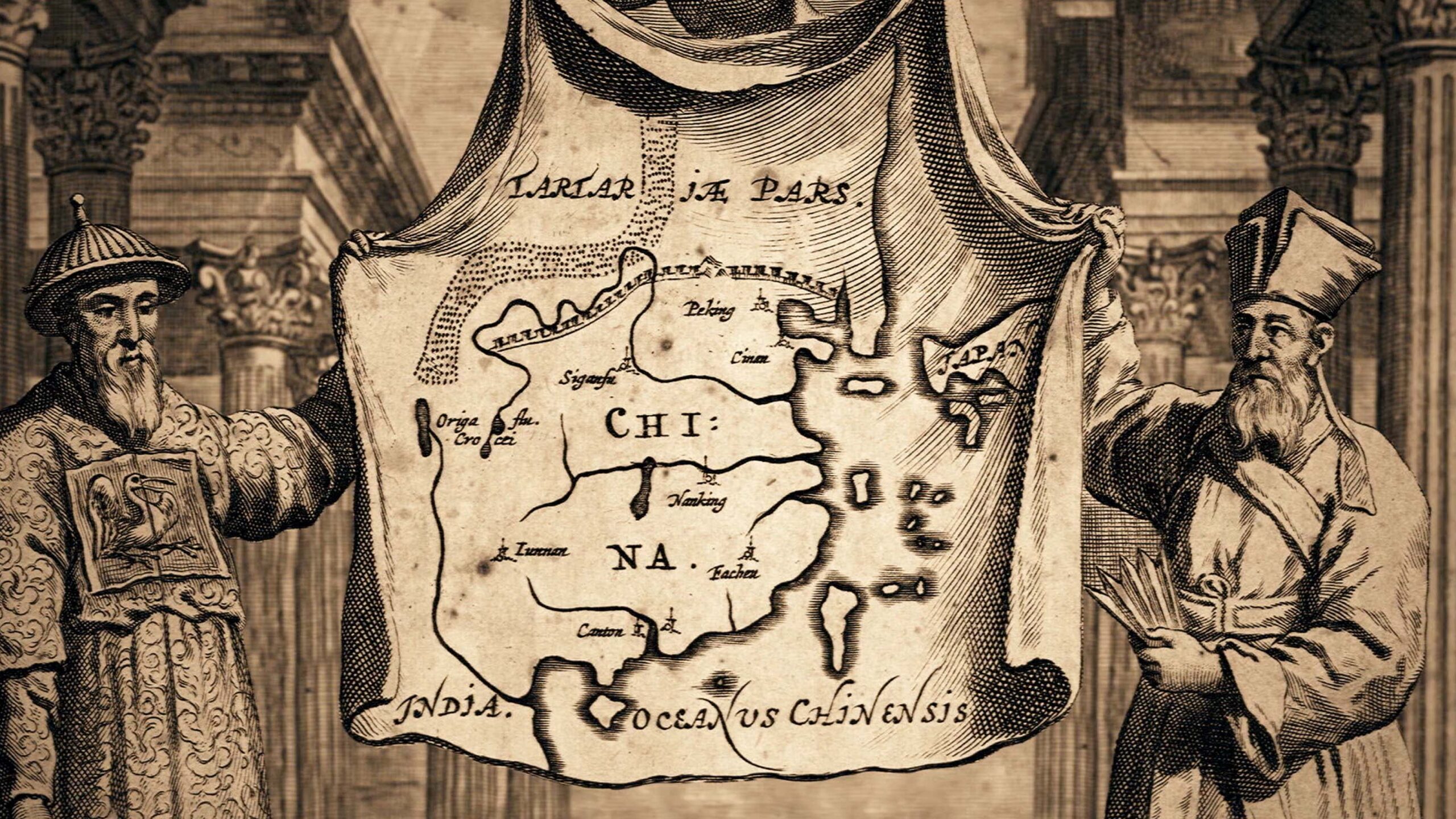BY
The Portuguese were the first to arrive in Singapore and introduce the region to Christianity through Jesuit missionaries. In 1624, a Jesuit named Rhodes arrived in what is today Vietnam. In the tradition of the Jesuits, Rhodes was a success because he learned the local languages and trained local leaders. When he was finally kicked out of the region, Rhodes had helped plant hundreds of indigenous churches. By the 1660s, there were more than half a million followers of Jesus in Southeast Asia.
The first North American missionaries came to Southeast Asia in the early 1800’s. Adoniram Judson landed in Burma in 1813. More than a decade later, he had only baptized 18 people. Still, he worked hard to preach, translate the Bible, and build a Baptist missionary organization with his wife, Ann. Then, in 1827, Judson became the first missionary to make contact with the Karen people. The Karen were a primitive, tribal group scattered among the jungles of the southeast coast. They were a hunted and enslaved minority.
After Judson established a relationship with the Karen, he paid the ransom for an illiterate slave named Ko Tha Byu. Ko was a pretty nasty guy, also known to be a thief and a murderer. Through Judson, Ko found forgiveness through Jesus Christ, and went on to be an evangelist to his own people. The revival that followed is one of the great stories of modern missions in Southeast Asia. It turns out Ko Tha Byu was able to link the Gospel of Jesus Christ to an ancient Karen teaching known as the “Tradition of the Elders.”
According to historian Samuel Moffett, there were remarkable parallels between traditional Karen beliefs and those in the Jewish Scriptures. So much so that a number of scholars theorize that the Karen people were linked to Jewish communities before migrating to Southeast Asia.
The core of what they called their ‘Tradition of the Elders’ was a belief in an unchangeable, eternal, all-powerful God, creator of heaven and earth, of man, and of woman formed from a rib taken from man. They believed in humanity’s temptation by a devil, and its fall, and that some day a messiah would come to its rescue. They lived in expectation of a prophecy that white foreigners would bring them a sacred parchment roll.”
– Samuel Moffett, A History of Christianity in Asia, p. 327
Within five years, the Baptist church in Burma took off. Though it would be the next generation of missionaries who would provide the Bible to the Karen in their own language – the “sacred parchment roll” – many Karen viewed Jesus Christ as the fulfillment of their ancient teachings. By the time of Adoniram Judson’s death in 1850, there were nearly 8,000 followers of Jesus among the Karen people – with 74 churches, 12 schools, and 114 native pastors. After God, Judson credited the Gospel’s success in Southeast Asia to the “Karen Apostle” — a redeemed murderer named Ko Tha Byu.
Despite some stories of success like Ko Tha Byu and the Karen people, Southeast Asia was a hard place for Christian evangelism during the 19th century. The Buddhists and Hindus generally welcomed missionaries, but worked against Christian conversions. Foreign missionaries spent entire lifetimes befriending locals, learning the languages, and sharing the Gospel, but very few Asians turned to Jesus. By the end of the 19th century, less than 10% of the Southeast Asian population called themselves Christians.
However, about 100 years later, at the end of the 20th century, Christians accounted for more than 20 percent of the population in the region. Much of this growth came about as the unintended consequence of world events, such as Japanese oppression during World War II and Western decolonization of the region. Now, it seems the greatest age for Christianity in Southeast Asia may be just around the corner.


